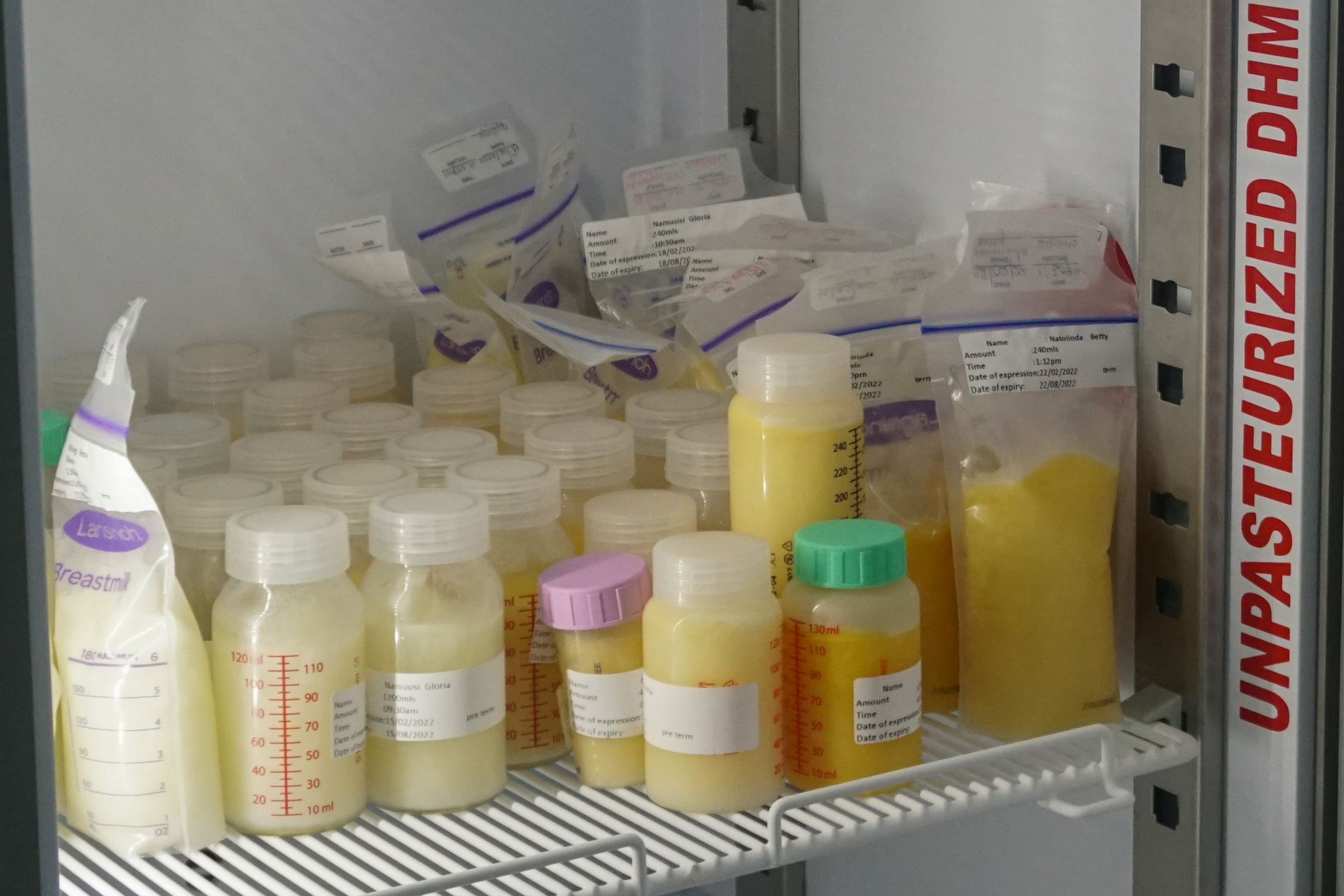Ugandan Government Plans Nationwide Establishment of Breast Milk Banks to Combat Malnutrition and Infant Mortality

In an ambitious stride to mitigate malnutrition and infant mortality, the Ugandan government has proposed the establishment of nationwide breast milk banks. This initiative, spearheaded by Sarah Ngalombi, a senior nutritionist at the Ministry of Health, aims to supply babies in need with pasteurized human breast milk. Such milk is typically donated by women who have surplus supplies and can help nourish infants whose mothers are unable to breastfeed adequately.
In 2021, Uganda witnessed the inauguration of its first and only breast milk bank at St Francis Hospital Nsambya. This bank serves as a pivotal cornerstone in the envisioned network of milk banks throughout the country. During a recent workshop on nutrition organized by the Right 2 Grow consortium, Ngalombi shed light on the rationale behind considering such a solution. She highlighted the alarmingly high number of low birthweight babies in the country who require breast milk but are unable to receive it from their mothers.
Ngalombi elaborated, “One of the options is the breast milk bank. We have commenced benchmarking with other countries to gauge the social acceptability of this initiative within our country. We are also ensuring that it finds a place within our policies, provided it proves to be effective.”
Taking a step further, the Ministry of Health is engaged in extensive consultations and preliminary groundwork. They are identifying potential milk donors and exploring the practical feasibility of the idea within Uganda. If all goes according to plan, Ngalombi believes that the processes will be finalized in approximately one to two years.
Given that the data suggests 54% of Ugandan adults suffered from malnutrition during their childhood, such interventions are of critical importance. Richard Kato, the country lead of the Right 2 Grow consortium, underscores the need to reverse these alarming malnutrition trends if Uganda aspires to cultivate a robust and productive workforce. “We need to alter the trajectory for our children, reduce stunting in the young, as we look forward to a future where we have a productive workforce,” Kato advocates more for breast milk banks.
In the fight against malnutrition, Kato underlines the instrumental role of journalists. He invites them to help shape perceptions around nutrition and influence reforms across sectors. He expresses the consortium’s interest in supporting journalists on this journey, recognizing the power they hold in directing government action, donor investments, civil society functions, and people’s dietary habits.
The Right 2 Grow project, financed by the Netherlands’ Ministry of Foreign Affairs and operational till 2025, is a consortium spearheaded by Project Hunger Uganda. Its primary focus is nutrition. The consortium is active in districts grappling with high malnutrition levels. It aims to galvanize decision-makers and key stakeholders to tackle undernutrition in a comprehensive, gender-sensitive, and inclusive manner, reflecting a shared commitment to Uganda’s health and well-being.


















